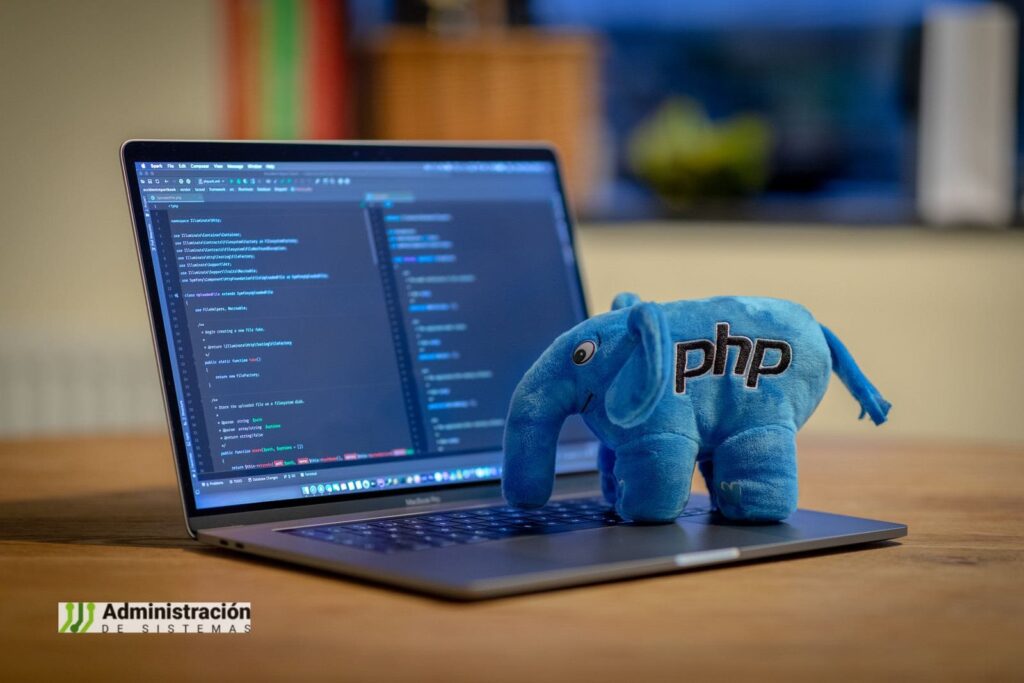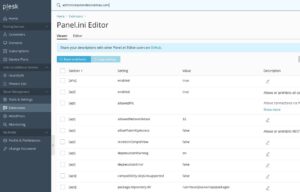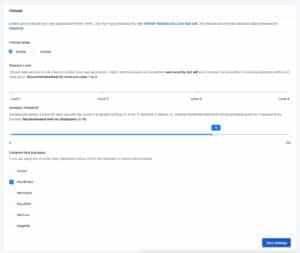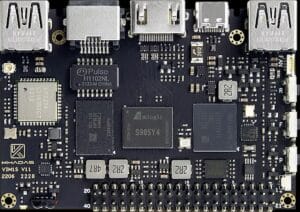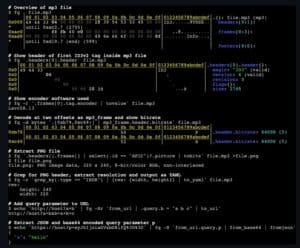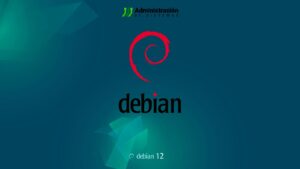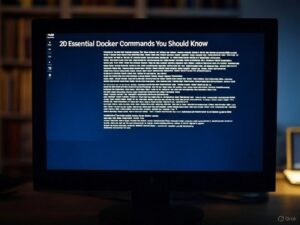Choosing the right method to connect the PHP interpreter with Apache is crucial for server performance, scalability, and security. In this article, we’ll take a deep dive into the available options: mod_php, CGI, FastCGI, and FPM, including the currently supported PHP versions and recommendations for each use case.
1. mod_php (DSO – Dynamic Shared Object)
Description:
mod_php is an Apache module that embeds the PHP interpreter directly into the web server. It is the most common and easiest option to configure but has limitations in terms of scalability and security.
Advantages:
- Easy installation and configuration: Simply install the
phppackage alongside Apache. - Good performance: Integration with Apache makes communication more efficient.
- Compatibility: Works seamlessly in most environments.
Disadvantages:
- High resource usage: Shares memory with Apache, which can be problematic for resource-limited servers.
- Files owned by Apache: Files created by PHP inherit the permissions of the Apache user (usually
nobodyorwww-data), which can lead to permission conflicts. - Lack of isolation: PHP runs in the same memory space as Apache, posing a security risk in shared environments.
Supported PHP Versions:
mod_php is available for PHP versions from 5.x to 8.x, though its use has declined in favor of modern alternatives like FPM.
Recommended Use:
- Development or testing environments.
- Small servers with low to moderate traffic.
- Applications that don’t require process isolation or multiple PHP versions.
2. CGI (Common Gateway Interface)
Description:
CGI is a standard interface that allows Apache to execute external scripts, in this case, PHP. It’s an older technology and inefficient for modern applications.
Advantages:
- Easy to install and configure: Just install the
php-cgipackage. - Moderate resource usage for low-traffic sites: Each request spawns an independent process, reducing memory usage.
Disadvantages:
- Poor performance: Creating and destroying processes for each request is costly for high-traffic sites.
- High CPU usage: The processor can easily get overwhelmed in environments with many requests.
- Files owned by Apache: Like mod_php, files created by PHP belong to the Apache user.
- Lack of scalability: Not suitable for sites with high traffic.
Supported PHP Versions:
CGI is available for all PHP versions from 5.x to 8.x, but its use is becoming increasingly rare.
Recommended Use:
- Very small environments or testing.
- Legacy applications that can’t migrate to more modern options.
3. FastCGI
Description:
FastCGI is an evolution of CGI that maintains persistent processes to improve performance. It’s more efficient than CGI and more scalable than mod_php.
Advantages:
- Good performance: Persistent processes reduce the overhead of creating and destroying processes.
- Moderate resource usage: Uses less memory than mod_php while being more efficient than CGI.
- Flexibility: Allows Apache and PHP to run on separate servers.
- Support for multiple PHP versions: Ideal for environments with applications requiring different PHP versions.
- Permission control: Uses suEXEC to define file ownership, useful in shared environments.
Disadvantages:
- More complex configuration: Requires more technical expertise to set up correctly.
- Not as optimized as FPM: While better than CGI, it doesn’t match FPM’s performance for very high-traffic sites.
Supported PHP Versions:
FastCGI is available for PHP versions from 5.x to 8.x.
Recommended Use:
- Production environments with moderate to high traffic.
- Servers needing to run multiple PHP versions.
- Applications requiring server separation (Apache and PHP on different machines).
4. FPM (FastCGI Process Manager)
Description:
FPM is an advanced implementation of FastCGI designed to enhance performance for high-traffic sites. It’s the most modern and scalable option.
Advantages:
- Excellent performance: Optimized to handle large volumes of requests.
- Moderate resource usage: Efficient in memory and CPU consumption.
- All the advantages of FastCGI: Supports multiple PHP versions, server separation, and permission control.
- Advanced configuration options: Allows fine-tuning of process counts, timeouts, and custom environments.
- Process isolation: Each request is handled independently, improving security.
Disadvantages:
- More complex installation and configuration: Requires server administration expertise.
- Complexity: Not ideal for beginners or very small environments.
Supported PHP Versions:
FPM is available from PHP 5.3.3 and is the recommended option for PHP 7.x and 8.x.
Recommended Use:
- High-traffic websites requiring maximum scalability.
- Environments needing process isolation and enhanced security.
- Applications requiring multiple PHP versions or custom configurations.
Detailed Comparison Table
| Feature | mod_php | CGI | FastCGI | FPM |
|---|---|---|---|---|
| Performance | Good | Poor | Good | Excellent |
| Resource Usage | High | Medium-High | Medium | Medium |
| Files Owned by Apache | Yes | Yes | No | No |
| Configuration | Easy | Easy | Complex | Very Complex |
| Scalability | Limited | Very Limited | High | Very High |
| Multiple PHP Versions | No | No | Yes | Yes |
| Security | Low | Low | Medium | High |
| PHP Versions | 5.x – 8.x | 5.x – 8.x | 5.x – 8.x | 5.3.3 – 8.x |
Recommendations by PHP Version
- PHP 5.x:
- mod_php or FastCGI are viable options, though FPM is available starting from PHP 5.3.3.
- Avoid CGI due to its poor performance.
- PHP 7.x:
- FPM is the recommended option for most use cases.
- FastCGI is an alternative if FPM is unavailable or unnecessary.
- PHP 8.x:
- FPM is the only recommended option for production environments.
- mod_php and CGI are not suitable for modern PHP versions.
Conclusion
The choice between mod_php, CGI, FastCGI, and FPM depends on the environment, site traffic, and PHP version. For modern environments running PHP 7.x or 8.x, FPM is the most recommended option due to its performance, scalability, and security. FastCGI is a solid alternative for environments that don’t require FPM’s extreme optimization, while mod_php and CGI are reserved for very specific or legacy use cases.
In summary:
- FPM for production and high-traffic sites.
- FastCGI for environments with moderate needs.
- mod_php for development or small servers.
- CGI only for testing or legacy applications.

